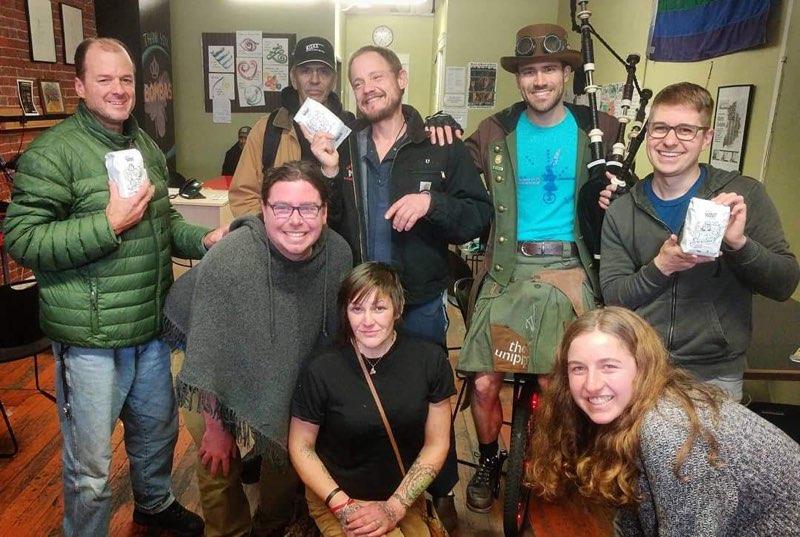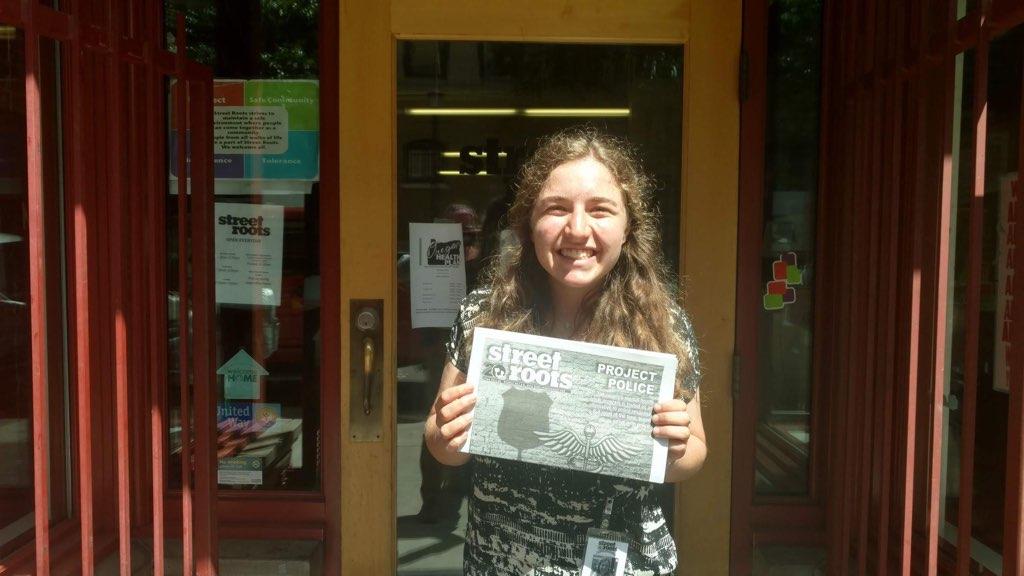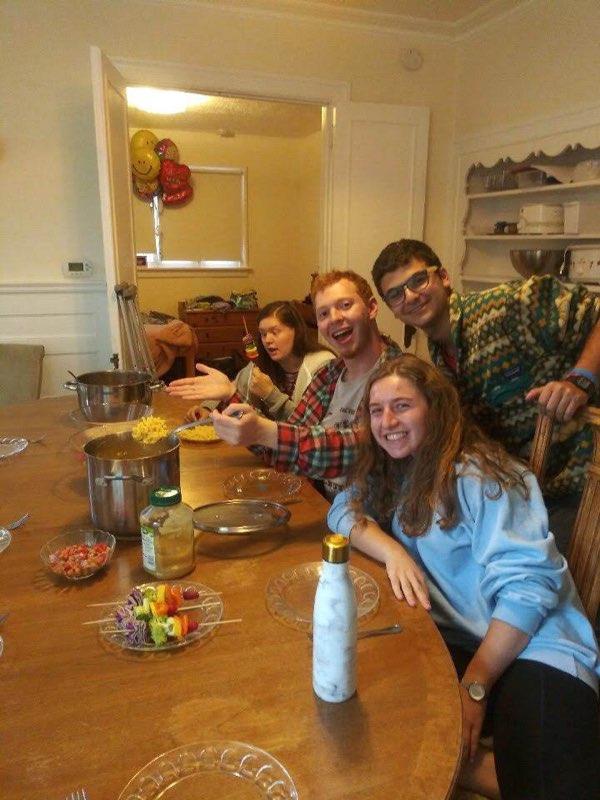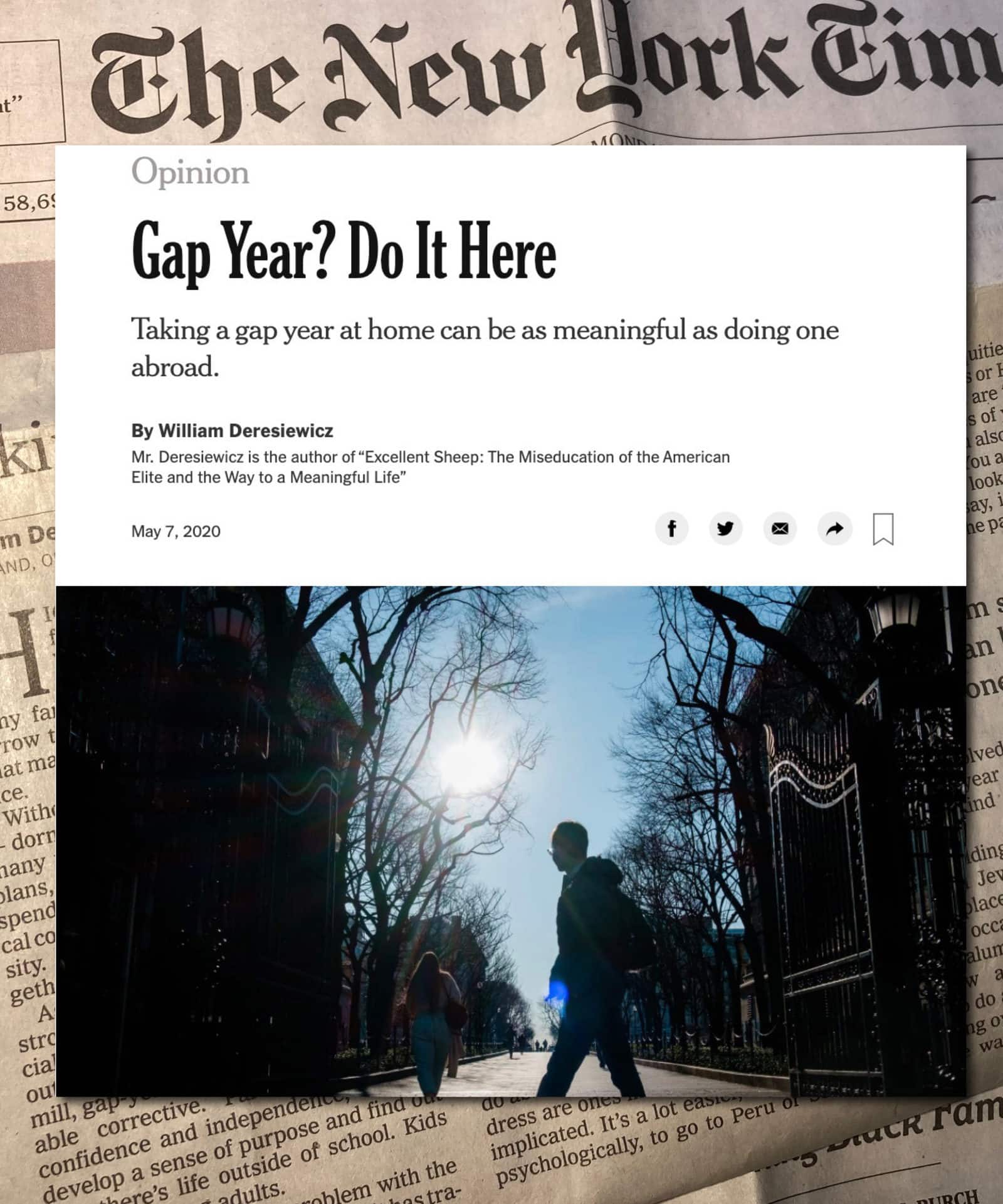This is Part 3 of a 3 part series written by Aliza Saunders, Tivnu alumna and student at Cornell University. During Tivnu, Aliza interned at Street Roots, Northwest Workers Justice Project, and Tivnu Construction. She is now a first-year student at Cornell University majoring in Design and Environmental Analysis.
The first semester of college is hard. And not many people tell you that.

While I can now say that I am incredibly happy at college that was not the case on August 28, as I unpacked my clothes in my 20 ft x 20 ft dorm room. Or even in early October, when I left the overcrowded dining hall after dinner overwhelmed, stressed, and on the verge of tears. It only took me about six weeks to feel comfortable at school and I can confidently say that I mostly attribute my eventual ability to feel settled into college to my experience on my gap year before college.
Last year, I participated in Tivnu: Building Justice, a nine-month Jewish social justice gap year program that combines direct service work, nuanced educational programs, and Jewish communal living. Specifically, my work with a direct service organization and my participation in an intentional, communal living home gave me the experience and tools necessary to excel both socially and academically in college.
Part 3: Academic
Not only has my experience at Tivnu helped me socially, it has also helped me further my academic goals. Some people worry that taking a gap year will mean you’re out of practice and at a disadvantage academically when you do start college. But that was quite the opposite for me. I found that my internships and the outside-the-classroom learning at Tivnu really gave me an advantage when I got to Cornell.

In terms of internship experience, a few days a week last year, I interned at Street Roots, Portland’s street newspaper. Each day I interacted with houseless individuals – the vendors of Street Roots and its heart and soul – hearing their stories and chatting about their day. I heard about their struggles to find housing, their issues with the quality of their subsidized apartments, their visible pain after a rainy evening.
The relationships I’ve made with these vendors has made the housing and homeless crisis incredibly personal to me. As I learned about the increased amount of chemicals and increased violence in poorly constructed and designed public housing in my environmental psychology class here at Cornell, I can think of people I personally know who are affected by the poor quality of public housing. Even in a 300-person lecture class, the information we’re learning is able to impact me personally, fueling me to choose a career that uses macro solutions to positively impact the lives of individuals.

Moreover, essentially working on the front lines at Street Roots, seeing houseless individuals at their most vulnerable, I learned about my capabilities, as well. I learned that I am capable of engaging with and learning from people who grew up in wildly different backgrounds and experiences than myself, as well as being the point person when conflict arises. I learned that I am capable of so much more than I think. As such, this has motivated me to seek out opportunities I may have been too timid or nervous to do so before Tivnu. Earlier this first semester, I reached out to an esteemed professor in my major to discuss potential research opportunities, and this semester and beyond I will be researching climate change attitudes with him and an upperclass students. If it weren’t for the confidence I built during Tivnu, I would not be taking my studies to this next step.
From the boundary pushing to communication building, I was able to start college being a more grounded and experienced young person, skills that I will take with me for the rest of my life.

This is part 3 of a 3 part series. Check out Parts 1 and 2!
Follow Us
Sign Up For Updates
Taking a gap year in the US can be as meaningful as doing one abroad.
 Featured in The New York Times
Featured in The New York Times